25 Mistakes CEOs Make and How to Fix Them – Second Edition
CEOs deal with massive change and cope with stressful situations every day. On top of that, there is an expectation that strong leaders have all the answers, know what to do, and can handle challenges alone. The truth is: That’s a false expectation.
Executive Coaching
Blog & Insights
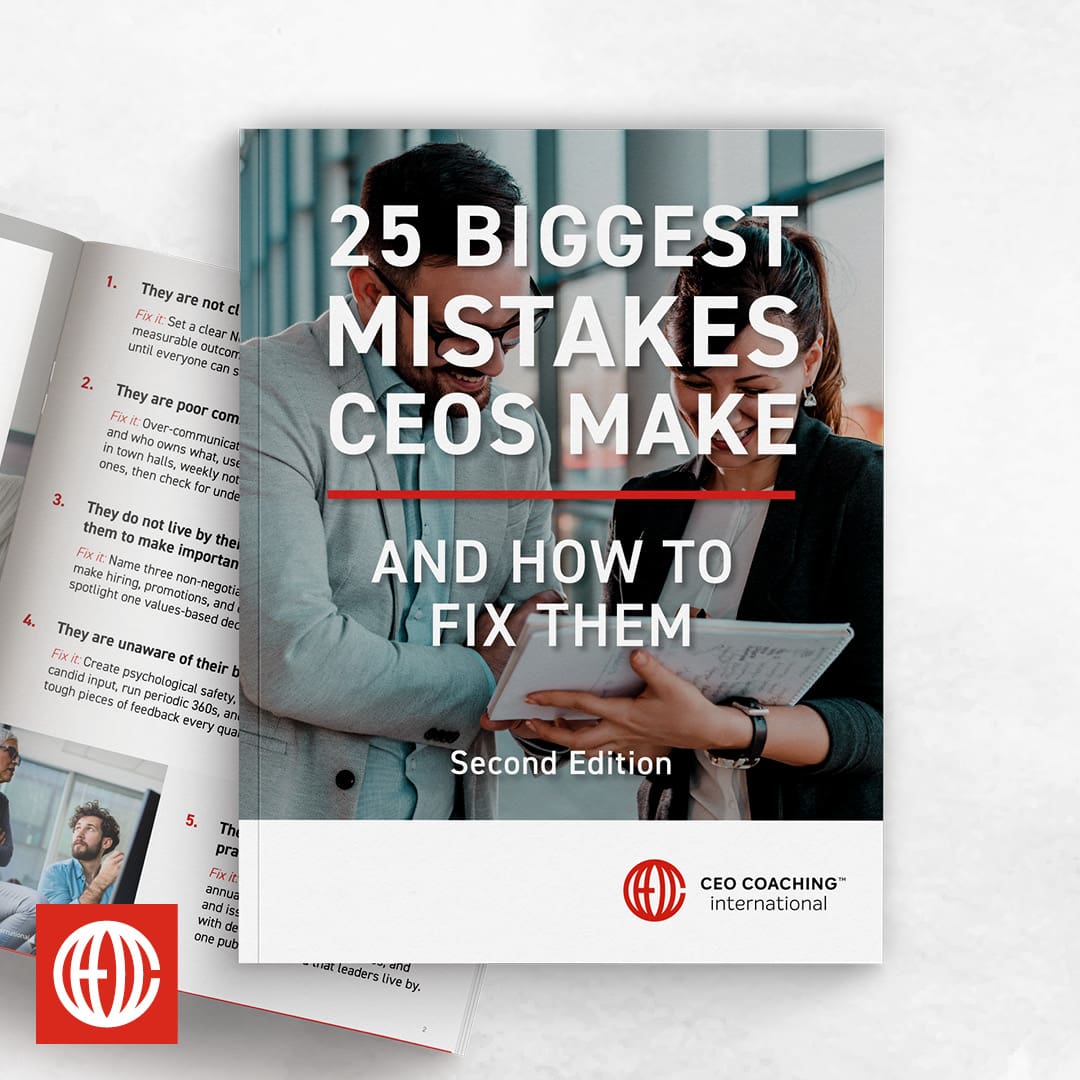
DON’T FALL FOR THESE CEO MISTAKES

Jose Vergara on Why AI is a Leadership Challenge, Not Just a Technology Project
CEO Coaching Int’l Guest: Jose Vergara, a coach at CEO Coaching International. Jose is a seasoned CEO, president, and operator with deep experience leading organizations across public companies, private equity-backed businesses, family-owned firms, founder-led companies, and partner-owned enterprises. Quick Background: If AI were just a technical problem, the solutions would be simple. Upgrade your tech […]
Read more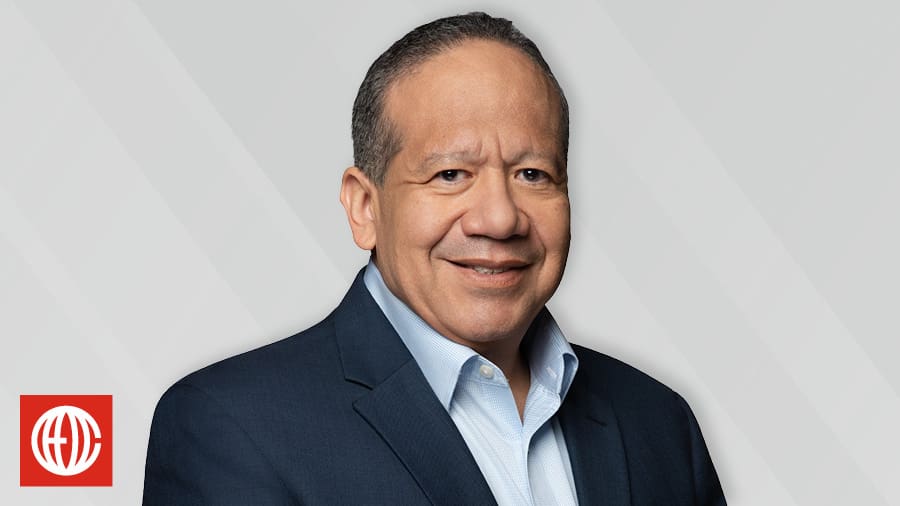
Former Marsh McLennan CEO and Global Operating Leader Joins CEO Coaching International as Partner and Coach
CEO Coaching International is pleased to announce Randy Wootton as its newest Partner and Coach. Wootton is a SaaS executive, board member, and advisor with over two decades of experience leading high-growth companies through strategic inflection points and technology shifts.
Read more
Randy Wootton Shares the Hard-Earned Secrets of Successful CEOs
Randy Wootton shares the secrets of success he’s gathered over a career that took him from a Navy jet to the boardrooms of Silicon Valley.
Read more
Tech Industry Leader and Former CEO of Maxio, RocketFuel, and Percolate Joins CEO Coaching International as Partner and Coach
CEO Coaching International is pleased to announce Randy Wootton as its newest Partner and Coach. Wootton is a SaaS executive, board member, and advisor with over two decades of experience leading high-growth companies through strategic inflection points and technology shifts.
Read more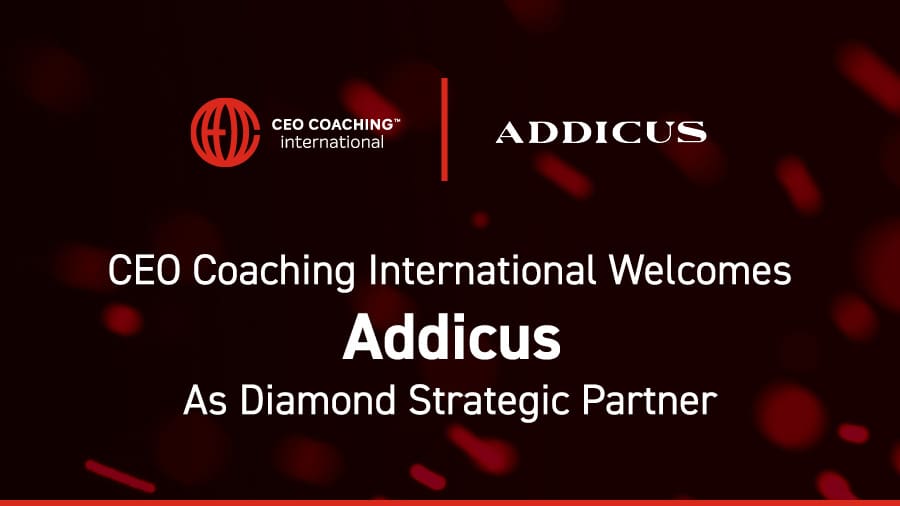
CEO Coaching International Welcomes Addicus as Diamond Strategic Partner to Help Entrepreneurial Families Grow, Protect, and Transfer Wealth
CEO Coaching International, the leading CEO coaching firm for growth-focused CEOs and entrepreneurs globally, proudly welcomes Addicus as its newest Diamond Strategic Partner.
Read more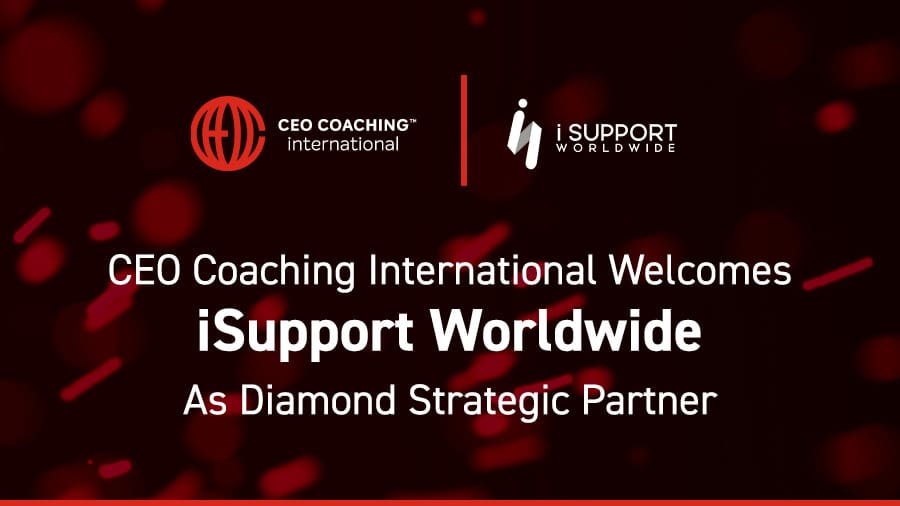
CEO Coaching International Welcomes iSupport Worldwide as a Strategic Partner, Helping Owner-Led Companies Save, Scale, and Direct Their Own Global Teams
CEO Coaching International, the leading CEO coaching firm for growth-focused CEOs and entrepreneurs globally, is pleased to welcome iSupport Worldwide as a Diamond Strategic Partner, supporting owner-led companies in building secure, compliant, and fully directed global teams.
Read more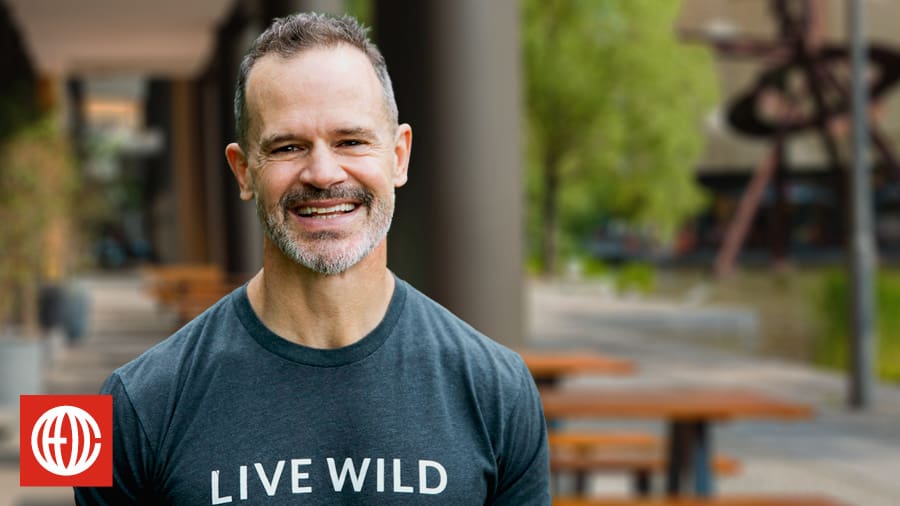
Why a “Healthy” CEO Is the New Competitive Advantage with Dr. Jeff Graham
CEO Coaching Int’l Guest: Dr. Jeff Graham, a physician and the Chief Medical Officer at Wild Health, where he works with high performers to help them extend not just their lifespan but their healthspan as well. Overview: If you ran your business the way many CEOs manage their health, you’d have to call an emergency […]
Read more
The CEO’s Guide to Strategic Risk Management and Protecting Valuation with Integrated Insurance Solutions Founder Trey Mauck
Trey Mauck discusses how strategic risk management protects valuation, reduces disruption, and can become a competitive advantage.
Read more
The 7 Books Every CEO Must Read in 2026 to Lead in a World of Risk, AI, and Rapid Change
The 7 Books Every CEO Must Read in 2026 to Lead in a World of Risk, AI, and Rapid Change As we head into a new year and wrap up annual planning season, every CEO is thinking about AI, talent, and economic uncertainty. But those are table stakes. If you want to set yourself and […]
Read more
The New CEO Reset: Breaking Your Old Habits So Your Company Can Grow in 2026
If you want to Make BIG Happen in 2026, then before you step into your annual planning session, you have to confront the one question that will reframe everything about your company and your performance as CEO: What if the biggest obstacle to your company’s growth next year is your own outdated habits?
Read more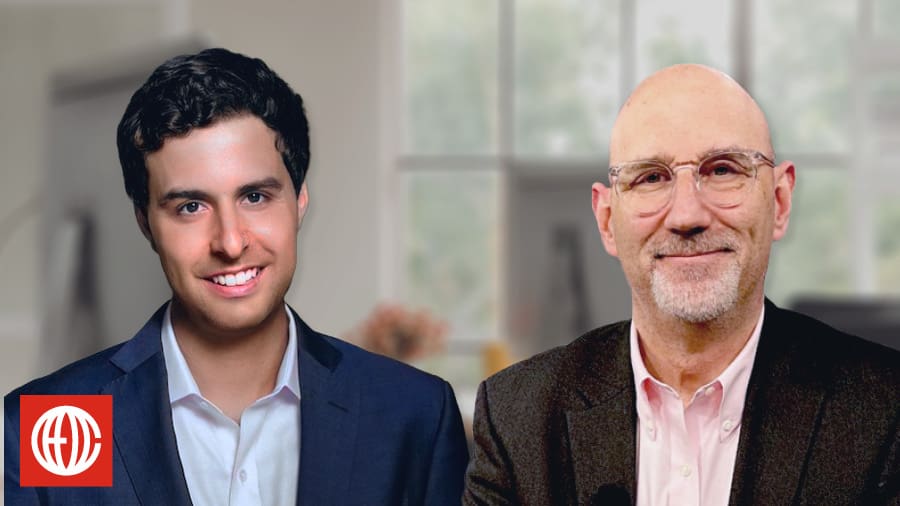
Your Multi-Million Dollar Liquidity Event is Coming — Here’s What You Should Do with Saman Samii and Mitch Slater of UBS Wealth Management
Saman Samii and Mitch Slater discuss how to prepare yourself emotionally, financially, and structurally for a BIG exit.
Read more
Preparing Your 2026 Annual Planning Meeting Agenda, Part II
Consider this your blueprint for redesigning the resilient new business you’ve envisioned during your 2026 annual planning.
Read moreFilters